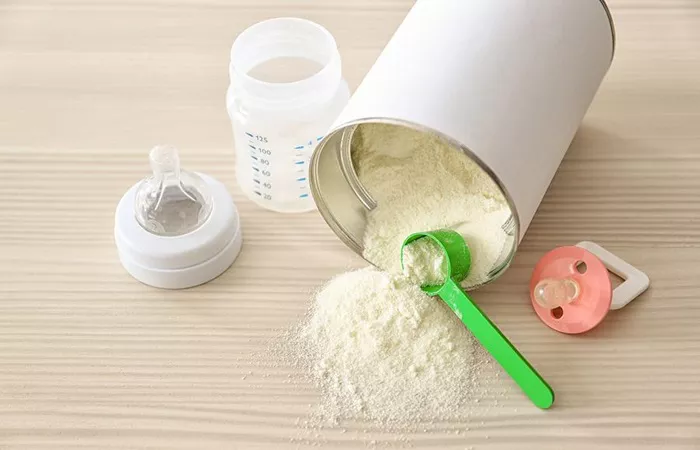The U.S. government has launched its first major review of infant formula since 1998 to ensure the products are safe, nutritious, and free from contaminants. The initiative, named Operation Stork Speed, was announced by the Food and Drug Administration (FDA) and aims to improve nutrient standards, increase testing for heavy metals, and mandate clearer labeling.
This move follows a Consumer Reports investigation that found contaminants in half of the 41 baby formula brands tested. The FDA will also work with the National Institutes of Health (NIH) and other research bodies to fill gaps in knowledge about formula feeding and its long-term health effects.
Health and Human Services Secretary Robert F. Kennedy, Jr. emphasized that the FDA will use all resources to ensure formula products are safe for children and families. Pediatrician Kathleen Berchelmann, M.D., stressed that vulnerable populations, such as sick infants, are at higher risk from contaminated formula.
Neonatal nurse practitioner Anna Camacho added that parents in neonatal intensive care units are particularly concerned about formula safety due to their babies’ weakened immune systems.
Operation Stork Speed comes after the 2022 formula shortage, triggered by contamination at a manufacturing plant. Experts are calling for better safeguards and more competition in the market. Currently, two companies—Similac and Enfamil—dominate the government’s Women, Infants, and Children (WIC) program.
Despite the benefits of breastfeeding, formula remains crucial for many families, with nearly 20 percent of U.S. infants exclusively fed formula early on. The new review aims to improve formula safety and access for all.
Related topics:


